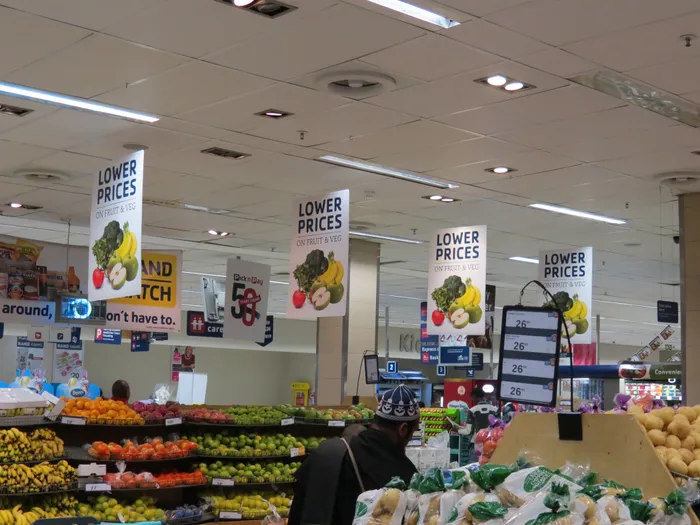
Pick n Pay is cutting the price of everyday food items. Pick n Pay is cutting the price of everyday food items.
Johannesburg –
In a move that could be seen as a bid to lure shoppers away from its rivals,
Pick n Pay is investing R500 million in making food items cheaper.
The retailer’s
move comes as consumers are battling inflation that is stubbornly outside the
South African Reserve Bank’s 3 to 6 percent target, while food inflation is
closer to 11 percent.
In a statement issued
on Wednesday, the retailer says the move also marks its 50th
birthday as it is almost half a century to the day that Raymond Ackerman bought
three small stores in Cape Town.
It says it is
returning to its roots and getting cheaper for its customers by cutting the everyday
prices of over 1 300 essential items, lowering fruit, vegetable and meat
prices, and putting more than 1 000 items on special.
Group commercial
executive Paula Disberry notes the retailers are under enormous pressure.
“The combination
of low economic growth and job insecurity, combined with the impact on
disposable incomes of high utility and transport costs, means that many South
African consumers are having to cut back on all but the absolute essentials.
Since foundation we've done what we can to help our customers provide for
their families, and that is still our role today.

As a result,
says Disberry, Pick n Pay is putting more than R500 million into reducing
prices of essential goods.
“Customers will
see immediate savings on the grocery items they buy most, and in fresh fruit
and vegetables, and meat. Savings from our butchery include all mince, selected
pork products and bulk beef and lamb packs, and on fruit and vegetables
products like potatoes, tomatoes, mushrooms, avos and bananas.”
Pick n Pay has
selected the products based on shopping trends, information gleaned from
anonymous data from Smart Shopper cards as well as its own buying information,
which shows where price pains are.
The retailer,
which will publish its full-year results in April, reported an 18 percent
increase in profits to R381.8 million in the first half. Sales rose 7.2 percent
and the interim dividend increased 24 percent to R2.99 a share during that
period.
The group was
unable to pass costs to consumers and capped food price inflation at 5.5
percent, below consumer price index food inflation of 10.7 percent over the
period under review.